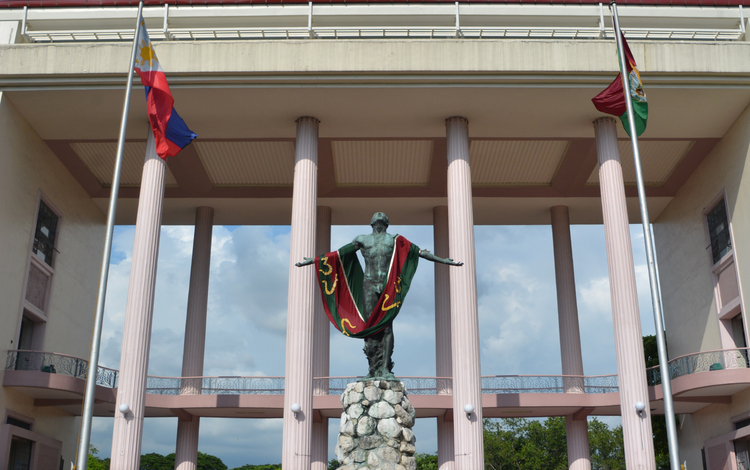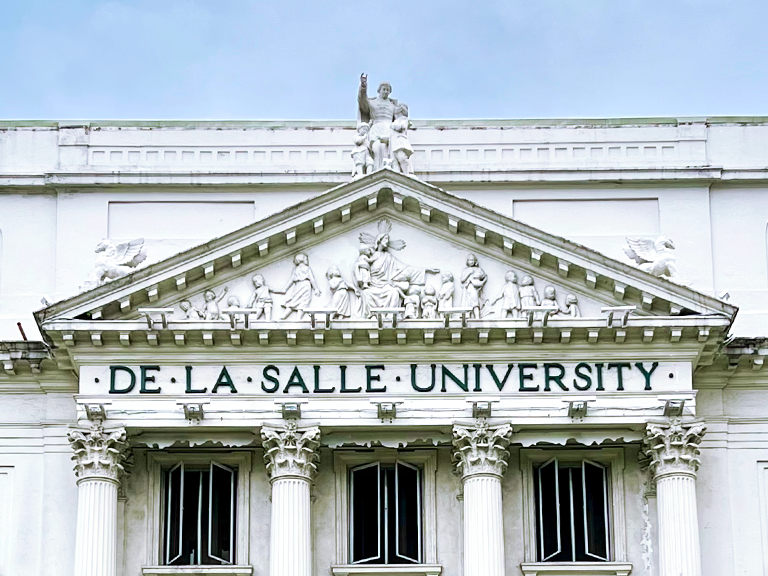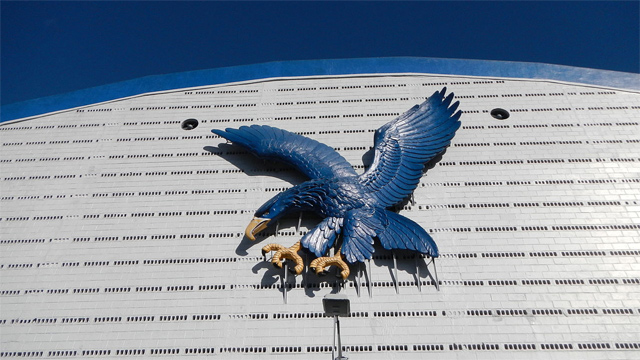In the realm of higher education, the Philippines finds itself grappling with a sobering reality as the Times Higher Education’s (THE) 2024 Asia University Rankings paint a disappointing picture. Not a single Philippine institution managed to secure a spot within the prestigious top 100, signaling a concerning trend of decline and stagnation in the country’s academic landscape.

The latest rankings reveal a stark contrast to previous years, with Ateneo de Manila University, long regarded as a beacon of academic excellence, tumbling from its once-held 84th position to a disheartening placement in the 401-500 bracket. This decline underscores the challenges faced by Philippine universities in maintaining global competitiveness and relevance in an increasingly dynamic educational environment.
The University of the Philippines, another esteemed institution, witnessed a similar fate, experiencing a downward trajectory for the fourth consecutive year. From its position in the 201-250 bracket, it now finds itself languishing in the 501-600 range, indicative of a concerning trend that demands immediate attention and strategic intervention.
Despite efforts to bolster their standing, institutions such as De La Salle University and Mapua University remained entrenched in lower brackets, further highlighting the pervasive nature of the issue across the academic spectrum. Even the University of Santo Tomas, making its debut in THE’s rankings, found itself relegated to the 601+ bracket, a testament to the formidable challenges confronting Philippine academia.

A significant factor contributing to this decline is the failure of Philippine universities to meet the rigorous criteria set forth by THE, resulting in several institutions being tagged with a “reporter” status. This designation, reserved for schools that fall short of the requisite standards, underscores the urgent need for comprehensive reforms aimed at enhancing institutional capabilities and performance metrics.
The methodology employed by THE in its rankings sheds light on the multifaceted nature of academic evaluation, encompassing research quality, teaching standards, industry engagement, and international outlook. However, the emphasis on research quality, underscored by the introduction of new performance indicators such as patents and research influence, underscores the pivotal role of innovation and knowledge generation in driving academic excellence.
Ateneo’s precipitous decline in the “research quality” category underscores the pressing need for investments in research infrastructure and scholarly output. Similarly, the University of the Philippines’ diminished scores highlight systemic challenges that must be addressed to foster a culture of academic inquiry and intellectual rigor.
Amidst these challenges, there are glimmers of hope, with institutions like De La Salle University and Mapua University showing marginal improvements in their overall scores. However, these gains are overshadowed by the broader narrative of decline pervading the Philippine higher education landscape.

As China’s Tsinghua University and Peking University reaffirm their dominance atop the rankings, the Philippines must heed the clarion call for reform and renewal. Only through concerted efforts to bolster research capabilities, enhance teaching methodologies, and foster greater collaboration with industry partners can Philippine universities hope to reclaim their rightful place among the vanguards of global academia. The road ahead may be arduous, but it must be traversed with unwavering resolve and a steadfast commitment to excellence.
